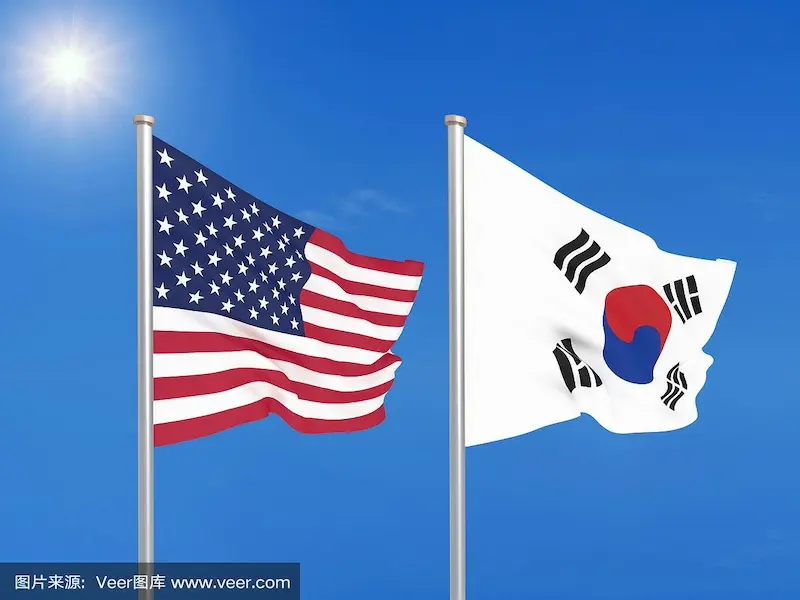- The annual Ulchi Freedom Shield military exercises begin between South Korea and the US to enhance joint readiness against North Korea’s growing nuclear and cyber threats.
- South Korean President Yoon Suk Yeol emphasises the need for a robust defensive posture, acknowledging that modern warfare has evolved to include hybrid tactics.
OUR TAKE
The Ulchi Freedom Shield exercises are essential for maintaining regional stability and preparedness in the face of North Korea’s aggressive military advancements. However, it is crucial for both allies to communicate clearly about these drills to mitigate potential escalations or misunderstandings with Pyongyang.
–Lily,Yang, BTW reporter
What happened
South Korea and the United States have commenced their annual military exercises, known as the Ulchi Freedom Shield, aimed at enhancing readiness against North Korea’s increasing military capabilities and cyber threats. Running until August 29, the drills will address various threats, including missile risks, GPS jamming, and cyberattacks, drawing lessons from recent global incidents.
Concurrently, South Korea will conduct its own government-led civil defense drills, simulating responses to a possible nuclear attack. President Yoon Suk Yeol stressed the necessity of a thorough readiness posture, labeling North Korea as “the most reckless and irrational country.”
He acknowledged the changing nature of warfare, which now includes hybrid strategies involving regular and irregular tactics, as well as psychological operations. Approximately 19,000 South Korean troops are participating in the exercises, which will include extensive field training and live fire drills. North Korea has consistently condemned these drills as provocations.
Also read: Powering the future: Nuclear energy’s marvels and challenges
Also read: Talen Energy offers up nuclear-powered crypto mining campus stake, sources say
Why it’s important
The Ulchi Freedom Shield exercise, which is held annually, is an important measure to strengthen the defense capabilities of South Korea and the United States in the face of escalating threats from North Korea. The drills, which focus on real-world scenarios such as cyber and missile threats, not only prepare military personnel to deal with various challenges, but also send a signal to North Korea that Allies remain vigilant.
North Korea’s continued condemnation of these exercises increases the risk of heightened tensions and potential miscalculation. While Seoul and Washington view such exercises as defensive in nature, North Korea could interpret them differently and retaliate. This underscores the importance of diplomatic and military preparedness; Open lines of communication may help alleviate fears and misunderstandings.
The international community must monitor these developments closely to ensure that security measures do not inadvertently escalate into conflict. The key to long-term stability in the region remains balancing defense and diplomacy.

